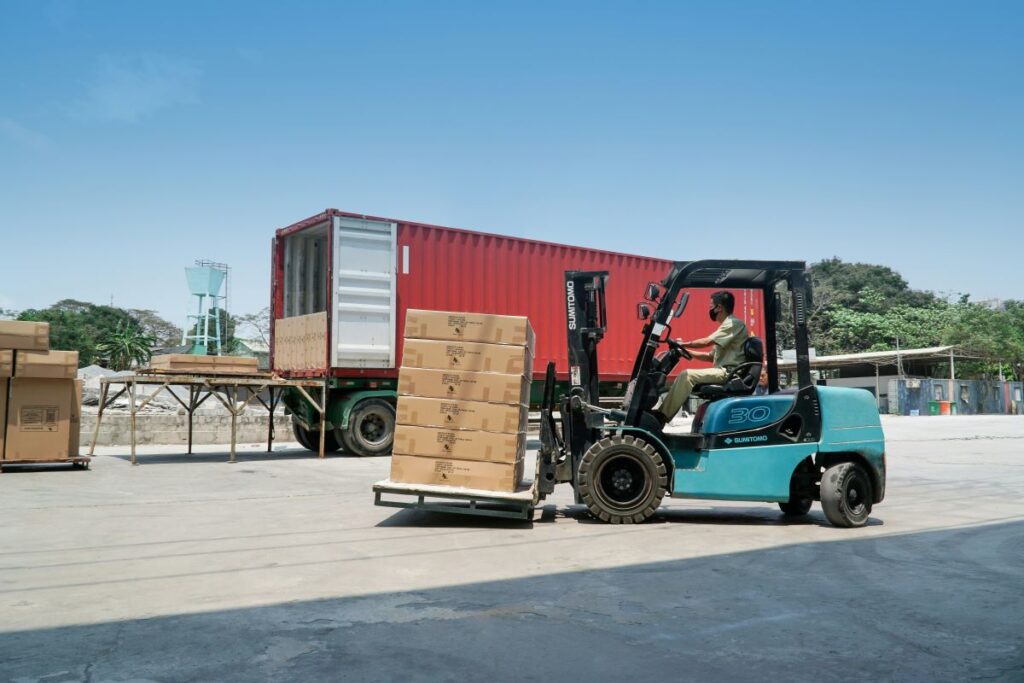
Current position:Home > News
2025-09-19
Global e-commerce growth has transformed logistics from a support function into a core strategic driver. Companies entering the dropshipping model must balance speed, reliability, and cost. However, rising shipping fees, complex customs requirements, and unpredictable inventory cycles increase the pressure. To address these challenges, smart drop shipping logistics solutions are now being applied. They allow brands to achieve efficiency across warehousing, transportation, and customs clearance while remaining competitive.
Dropshipping is built on simplicity. Retailers avoid holding stock and rely on suppliers to fulfill orders. Yet, the logistics behind this model are far from simple. It requires synchronized supply chain networks, precise shipping coordination, and real-time information exchange. Smart logistics integrates digital platforms, automated warehousing, and optimized transport routes. These solutions reduce manual errors, shorten lead times, and cut costs without harming reliability.

Warehousing is often overlooked in drop shipping, yet it determines both cost and customer satisfaction. Traditional warehouses charge for square footage and handling fees, which accumulate quickly for small-volume sellers. Smart warehousing uses dynamic slotting, automated sorting, and AI-driven demand forecasting. By predicting order patterns, warehouses minimize idle inventory and avoid unnecessary storage costs.
Cross-border sellers benefit further when warehouses are strategically located near key markets. This reduces last-mile delivery costs and shortens delivery times. For example, locating fulfillment centers near air hubs cuts transit days while reducing tariffs through bonded warehouses. Smart drop shipping logistics solutions, therefore, transform warehousing into a value-adding process rather than a cost burden.
Transportation remains the most visible and costly part of the dropshipping chain. Rising fuel prices and fluctuating carrier rates demand efficiency. Smart logistics responds through route optimization, consolidated shipments, and multimodal transport strategies.
AI-driven tools can predict the most cost-effective routes while accounting for delivery deadlines. By consolidating shipments, businesses gain bargaining power with carriers and reduce per-unit freight costs. Multimodal transport—combining air, sea, and land routes—ensures flexibility when disruptions arise. Smart logistics solutions also integrate real-time tracking, giving sellers visibility over delays and enabling proactive adjustments.
Customs clearance is often underestimated in cost planning. Delays, incomplete documentation, or incorrect HS codes lead to fines and storage fees. Smart drop shipping logistics solutions automate much of the clearance process. Platforms can pre-verify documents, classify goods accurately, and share real-time compliance updates.
Bonded warehouses and customs pre-declaration further reduce clearance times. Sellers not only save money but also protect customer trust through timely delivery. As regulations evolve, a smart approach ensures compliance while avoiding costly penalties.

The integration of technology into logistics is more than a trend; it is a necessity. Data analytics helps forecast demand, while IoT sensors track shipments with accuracy. Machine learning optimizes supply chain flows by identifying recurring inefficiencies.
Blockchain is emerging as a powerful tool in customs and trade compliance. It creates secure, transparent records of each transaction, reducing fraud risks. For dropshipping businesses, technology-driven logistics reduces both visible and hidden costs while enhancing scalability.
Cost optimization does not exist in isolation. Logistics networks must also handle risks such as port congestion, trade restrictions, or sudden demand surges. Smart logistics solutions diversify suppliers and carriers, ensuring stability.
Sustainability also plays a cost role. Green transport methods and eco-friendly packaging reduce waste and lower regulatory fees. More importantly, sustainability improves brand perception, which translates into long-term value. For global e-commerce, sustainable smart logistics becomes a competitive advantage.
Dropshipping businesses face limited resources and expertise in managing global supply chains. This is where specialized logistics partners like JTT play a critical role. By offering integrated warehousing, advanced transport management, and customs support, they simplify complex logistics operations. Sellers gain predictable costs, improved delivery performance, and scalability without large upfront investments.
Dropshipping has redefined global retail, but its success depends on logistics efficiency. Smart drop shipping logistics solutions optimize costs at every stage—warehousing, transportation, and customs clearance—while leveraging technology for visibility and control. By embracing these solutions, businesses reduce risk, strengthen customer trust, and unlock sustainable growth.
For companies operating in competitive international markets, the difference between profit and loss lies in how well logistics are managed. JTT’s expertise in drop shipping logistics solutions demonstrates that cost optimization is not just about cutting expenses; it is about building an intelligent, scalable, and future-ready supply chain.